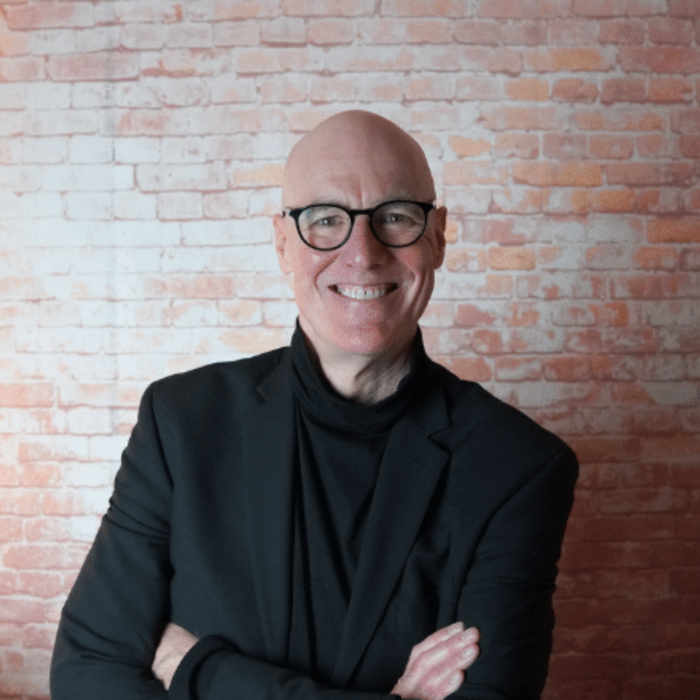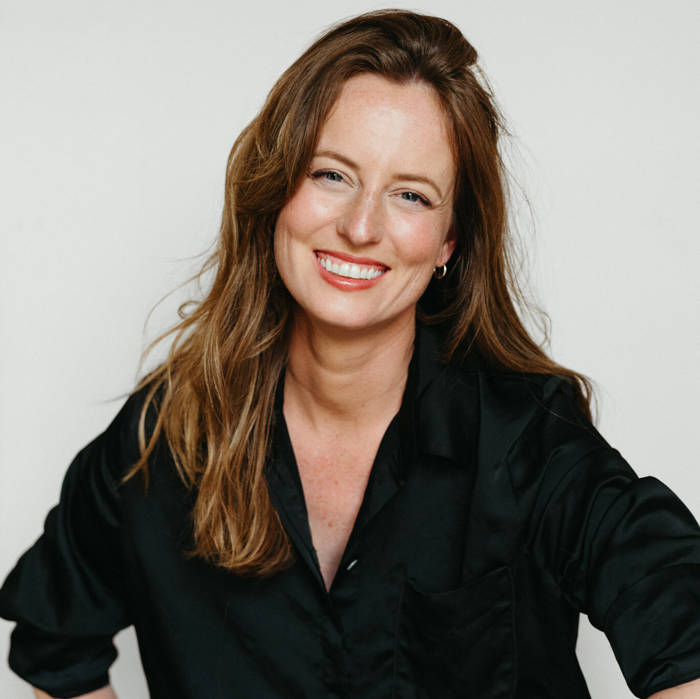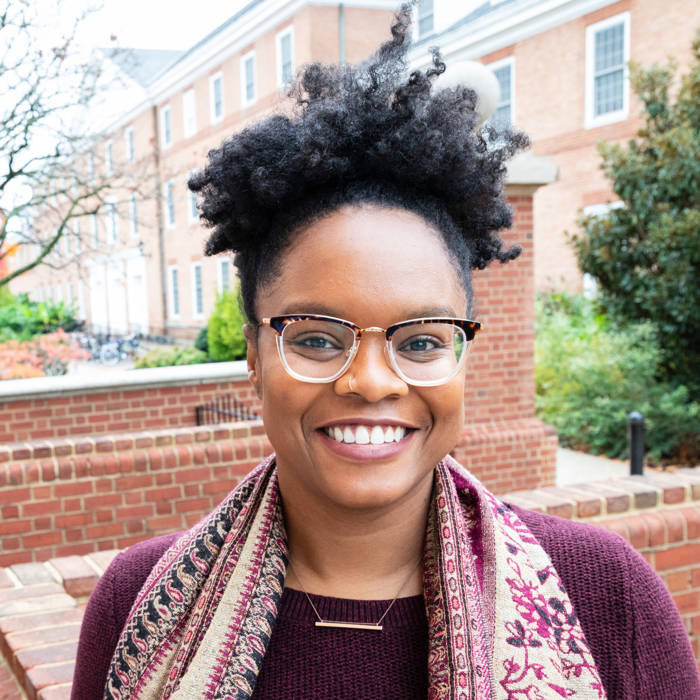Sing to Beat Parkinson's Fundraising Workshop
Thursday 20th May 2021, 5:00 PM - 7:00 PM (London Time)
On Thursday 20th May, 5pm-7pm (UK Time), Voice Study Centre are holding a Fundraising Workshop for Sing to Beat Parkinson’s. All proceeds raised from this workshop will go towards founding a new Sing to Beat group in Northern Ireland led by Elizabeth Drwal, a researcher and practitioner in this area. The funds will establish a group for Parkinson’s sufferers, and it will pay for set up costs, practitioner delivery costs and premises/online work.
This workshop will be led by Nicola Wydenbach, the Director of Training at Sing to Beat Parkinson’s. It will give you an overview of Singing to Beat Parkinson’s and will introduce you to practical exercises used by practitioners. If you are interested in learning more about this important area within Singing for Health, or in developing your knowledge base around singing for Parkinson’s then this workshop is designed for you. This workshop links directly to training on the Sing to Beat programme, so this would provide a solid foundation for further study with the Sing to Beat group.
The donation fee to attend this workshop will be £20, and you will be able to donate using the link below.
As part of our Corporate Social Responsibility programme, Voice Study Centre commits to the following pledges:
- Voice Study Centre will pay Nicola Wydenbach’s presenter fee.
- All proceeds will be donated to the Sing to Beat support charity.
- All proceeds will be used to establish a Sing to Beat group.
- Where there is a shortfall for establishing the group, Voice Study Centre will pay the shortfall.
Nicola Wydenbach
Nicola Wydenbach has worked on projects for English National Opera, Opera North, BBC, Garsington, Sing Up and Youth Music. From 2013-14, Nicola was Vocal Director...
Sing To Beat
Sing to Beat, is a network of singing groups launched in January 2018 by Canterbury Cantata Trust, for people with health conditions including Parkinson’s and Covid...
Sorry, this is an archived short course...
We have plenty of upcoming short courses coming soon. See details of some of them below or look at the full list of short courses.

Tuesday 22nd July 2025
5:00 PM - 7:00 PM
Tuesday 29th July 2025
5:00 PM - 7:00 PM
Tuesday 5th August 2025
5:00 PM - 7:00 PM
Tuesday 12th August 2025
5:00 PM - 7:00 PM
Tuesday 19th August 2025
5:00 PM - 7:00 PM
Tuesday 26th August 2025
5:00 PM - 7:00 PM
(London Time)
Certificated Public Speaking Coach qualification - with John Henny

John Henny
Would you like to be a certified public speaking coach? Join the renowned John Henny for this exciting new online course! This six-week online certification course is designed to equip voice teachers with the specialised skills needed to work with public speakers, corporate trainers, educators, and presenters. Unlike a general public speaking course, this program is specifically tailored to train-the-trainer, giving voice professionals structured methodologies, coaching techniques, and applied skills to enhance vocal delivery, confidence, and influence in professional speakers.

Thursday 24th July 2025
5:00 PM - 6:00 PM
(London Time)
Transitioning From Soprano To Mezzo-Soprano - Pedagogical Approaches!

Dr Caitlin Moore
This workshop will explore the considerations for transitioning from soprano to mezzo-soprano. We will examine the history and vocal science related to voice classification as well as interviews with singers and voice teachers. Interviews feature singers who have experienced this Fach change themselves, as well as voice teachers who have helped singers navigate this shift.


Tuesday 29th July 2025
5:00 PM - 7:00 PM
(London Time)
Towards a Jazz Pedagogy: Lessons from Legends and Educators!

Dr Autumn Griffin
Join Dr Autumn Griffin as she explores the foundational tenets of jazz pedagogy as both a conceptual and practical framework for teaching, in this two-hour workshop. Drawing from her research in “Towards a Jazz Pedagogy: Learning with and from Jazz Greats and Great Educators,” she’ll investigate how jazz (its historical and cultural legacy, structure, improvisation, and relationality) can be mobilized to inform dynamic, liberatory educational practice!

